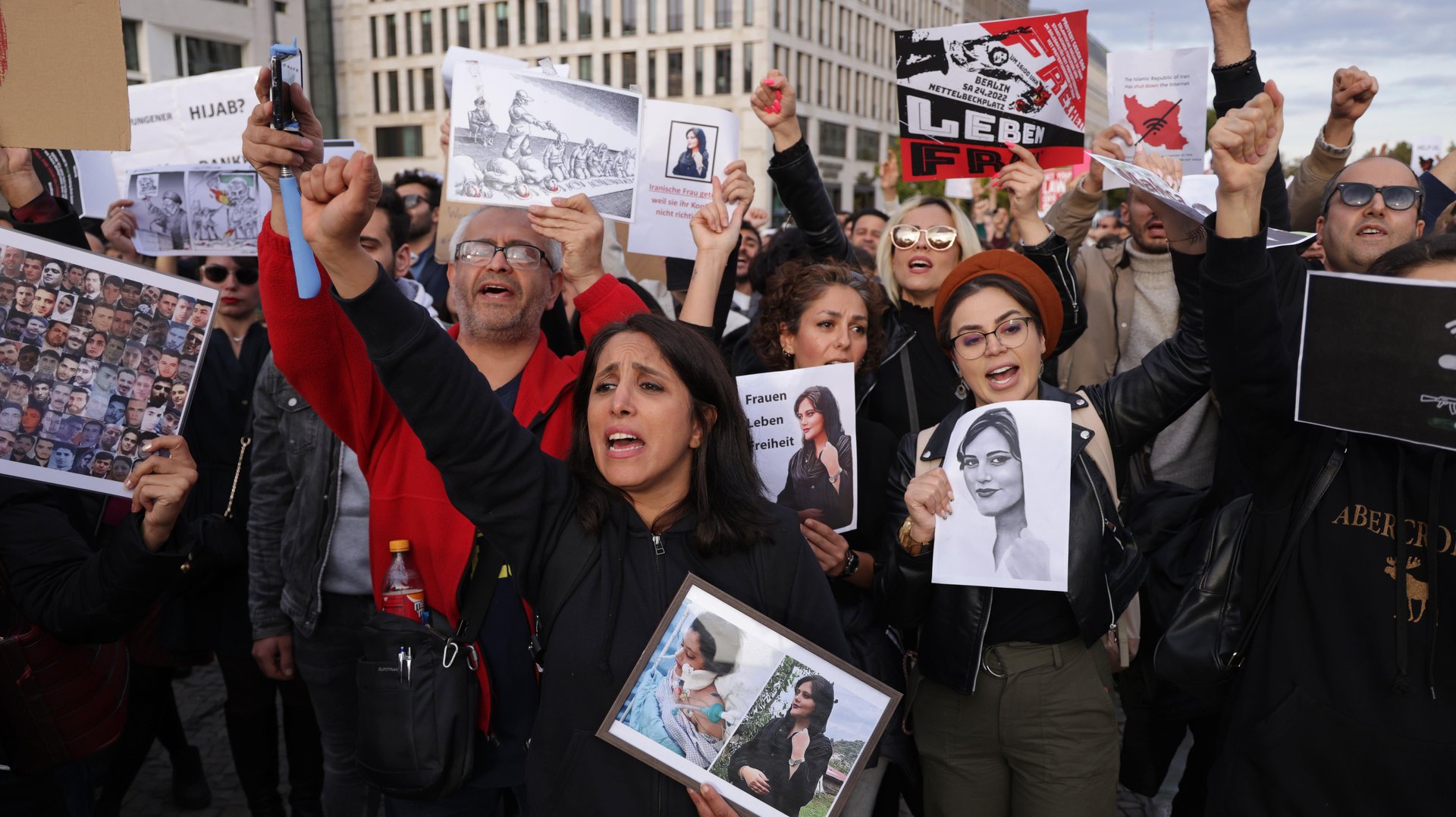The 8 countries that wanted Iran to stay on the UN's Commission on the Status of Women
While support for a resolution to remove Iran was strong, some countries voted along political lines

With a resolution approved today (Dec. 14) by the UN Economic and Social Council, Iran has been ousted from the UN Commission on the Status of Women. The historic vote, the culmination of a long campaign by Iranian and international women’s activists, was conducted at the UN’s headquarters in New York City.
Out of the 54 members of the council, 48 were present, and 29 supported the resolution, while 8 opposed it, and 16 abstained from voting. (This adds up to 53 votes, as Afghanistan, which sits on the council, is effectively absent from UN proceedings as the Taliban is not an accredited member.)
How individual ECOSOC members voted on the resolution to remove Iran
The breakdown of how the ECOSOC countries voted is as follows:
For Bolivia, Kazakstan, Nicaragua, Nigeria, Oman, and Zimbabwe, voting against the resolution to remove Iran wasn’t so much an expression of their belief that Iran should stay on the commission. Rather, it was a way to signal support for Russia and China, which have alliances and agreements with Iran and, similarly, voted against the resolution.
Politics over parity
The primary mandate of the Commission on the Status of Women is to promote “women’s rights in political, economic, civil, social and educational fields,” and to make recommendations to the council on “urgent problems requiring immediate attention in the field of women’s rights.”
Right now, and arguably for much of the past 43 years, the regime in Iran has been a source of those problems.
However, to the countries that voted against the resolution or abstained, staying on the right side of political allies was more important than being on the right side of history.